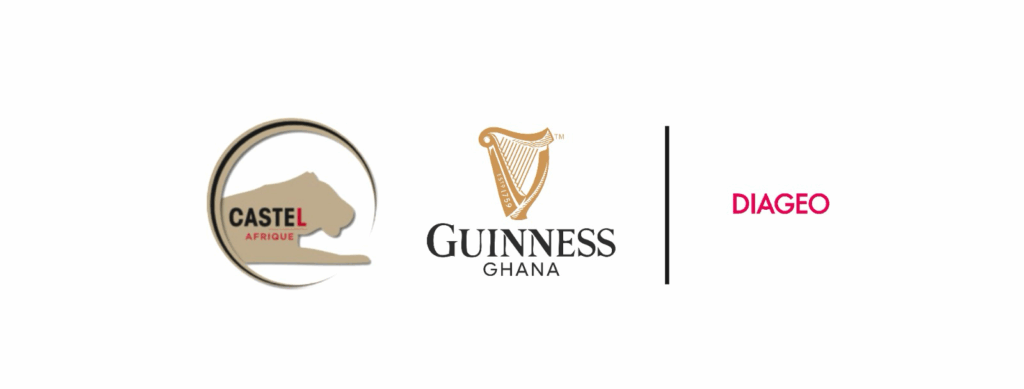Guinness Ghana Breweries PLC (GGB PLC) has officially announced the completion of a transformative ownership transition that marks a significant milestone in the country’s beverage sector.
Castel Group, a renowned African beverage powerhouse, has formally assumed majority ownership and operational leadership of Guinness Ghana. This follows the successful regulatory approval of Castel’s acquisition of Diageo’s 80.4% shareholding in the company.
The strategic transaction reflects both companies’ shared ambition to strengthen the Guinness brand in Ghana while positioning the business for future growth. With this acquisition, Castel solidifies its footprint in Africa, making Ghana its 22nd operational market across the continent.
Gregory Clerc, Castel Group’s Group CEO, emphasized the company’s deep commitment to Ghana’s economic development and the local community. “This transition affirms Castel’s belief in Ghana’s long-term economic potential,” Clerc stated. “With our heritage and extensive distribution network, we are committed to enhancing Guinness Ghana’s operations and building on its strong foundation.”
He further highlighted Castel’s intention to invest in people and nurture local capability. “We are deeply committed to empowering the talented teams at Guinness Ghana and creating long-term opportunities for growth, inclusion, and innovation,” Clerc added.
The acquisition is not merely a change in shareholding but a strategic step to leverage Castel’s operational scale, regional expertise, and robust supply chain network. This combination is expected to unlock new avenues for product development, market expansion, and operational excellence.
Diageo’s Flexible, Asset-Light Strategy
While Castel assumes majority ownership and control of operations, Diageo retains ownership of the Guinness brand and other key Diageo brands. These products will continue to be brewed, produced, and distributed in Ghana under long-term licensing and royalty agreements. Additionally, Guinness Ghana will maintain the distribution of Diageo’s international premium spirits brands under a separate distribution arrangement.
Diageo’s decision aligns with its global strategy to embrace a flexible, asset-light beer operating model. By reducing capital-intensive assets, Diageo can focus more on brand building, innovation, and engaging consumers, while Castel ensures operational agility and depth in local markets.
In a statement accompanying the announcement, Guinness Ghana reaffirmed that the transition would not disrupt employees, customers, or partners. All current employment contracts will remain intact, preserving the livelihoods and benefits of the workforce.
“Customer and partner relationships will continue seamlessly, with a strong commitment to maintaining the high standards our consumers expect,” the company said. “We will continue to deliver the same trusted quality while exploring new ways to enhance the consumer experience.”
The company also confirmed that it will remain listed on the Ghana Stock Exchange, underscoring a commitment to transparency and continued engagement with Ghanaian investors and stakeholders.
A Promising Future for Ghana’s Beverage Market
Castel’s entry into Ghana signifies renewed momentum for the country’s beverage landscape. By combining Guinness Ghana’s historic brand legacy with Castel’s expansive regional reach and operational expertise, the business is well-positioned to tap into evolving consumer tastes and drive sustainable growth.
Beyond commercial gains, the acquisition sends a positive signal about investor confidence in Ghana’s economy. Castel’s commitment to local manufacturing, employment, and community development demonstrates the potential for multinationals to play a meaningful role in national development.
As Castel ushers in this new era for Guinness Ghana, consumers can expect continuity in quality and service, as well as exciting innovations in the years to come. This transition marks not only a new chapter for Guinness Ghana but also a broader statement of optimism about Ghana’s dynamic and resilient beverage industry.
READ ALSO: Inflation to Fall Below 10% by September, Beating Government Timeline




















